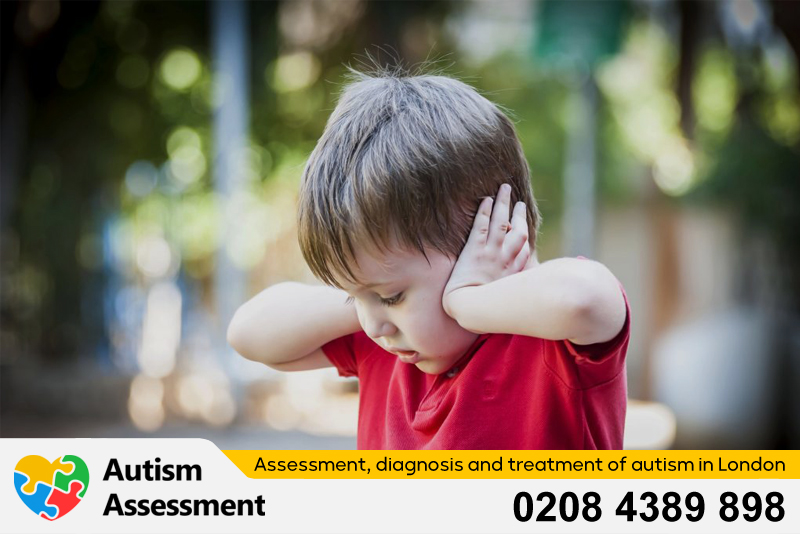are autism and autistic the same?
Understanding Autism and Autistic Spectrum Disorder
Autism is a term that has gained significant attention and discussion in recent years, often leading to confusion about its meaning and the use of related terms such as “autistic.” To clarify, autism is a neurodevelopmental disorder characterized by challenges in social communication and interaction, along with restricted and repetitive patterns of behavior. It is typically diagnosed in early childhood but can be identified later in life as well.
On the other hand, Autistic Spectrum Disorder (ASD) is an umbrella term that includes autism as one of several neurodevelopmental disorders. ASD covers a broader range of conditions that exhibit similar characteristics to autism but vary in severity and presentation. This spectrum acknowledges that individuals with ASD have different levels of impairment and support needs, including conditions like Asperger’s syndrome, pervasive developmental disorder-not otherwise specified (PDD-NOS), and childhood disintegrative disorder.
While the terms “autism” and “autistic” are often used interchangeably, there is a subtle distinction. “Autism” refers to the specific disorder within the broader category of ASD, while “autistic” is an adjective used to describe a person with autism or traits of autism. Some individuals prefer to be referred to as “an autistic person,” emphasizing their identity with the condition, while others prefer “a person with autism,” which puts the person before the disorder.
The key takeaway is that while autism and ASD are related, they are not exactly the same. Autism is a specific disorder, and ASD is a spectrum that includes autism and other related disorders. Understanding this distinction is crucial for providing the appropriate diagnosis, treatment, and support for individuals and families affected by these conditions.
The conversation around autism and ASD is evolving, and it’s important to respect the preferences of individuals when referring to their condition. Whether one uses “autism” or “autistic,” the focus should always be on recognizing the unique strengths and challenges of each person and providing the support they need to thrive.
For more detailed information on autism and ASD, including diagnostic criteria and support resources, visiting reputable websites and consulting with healthcare professionals is recommended. By doing so, individuals and families can access the most current and comprehensive information available to aid in understanding and managing these conditions.



